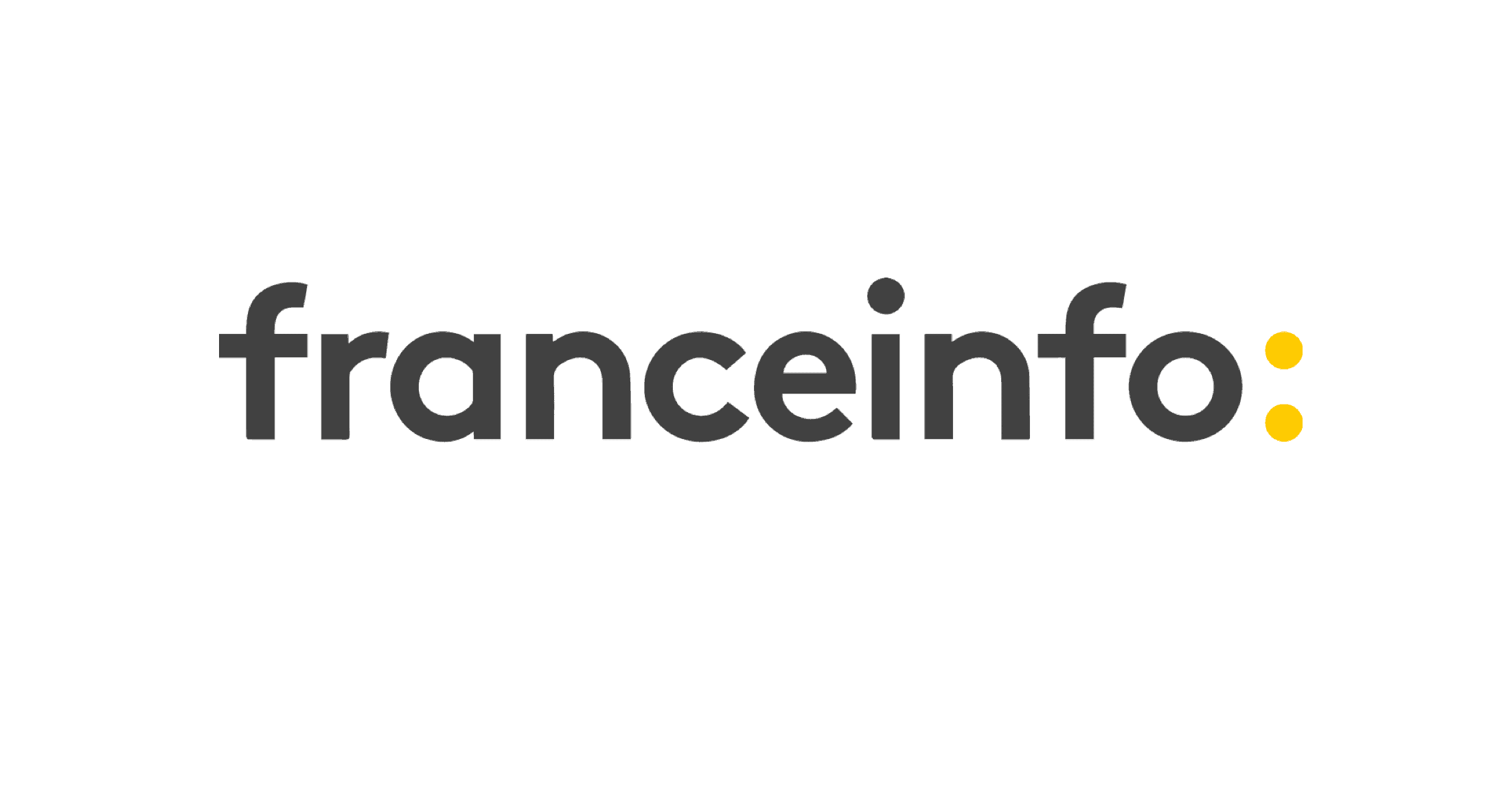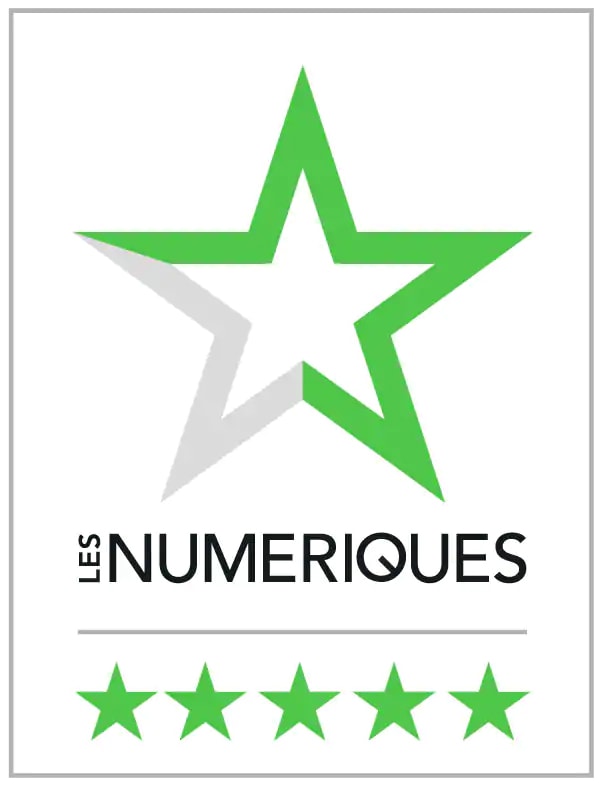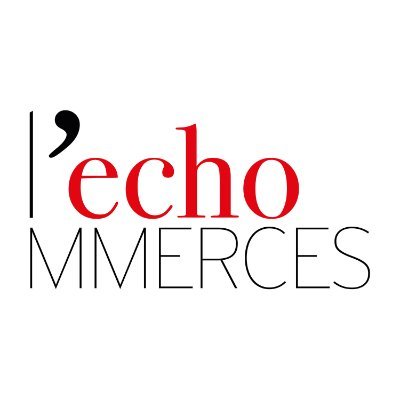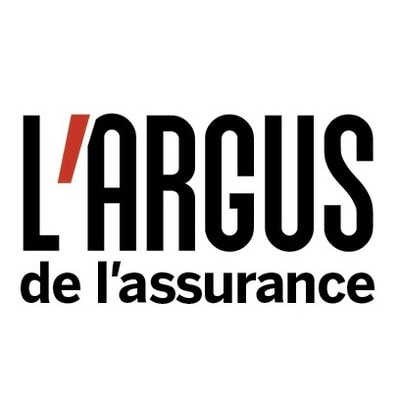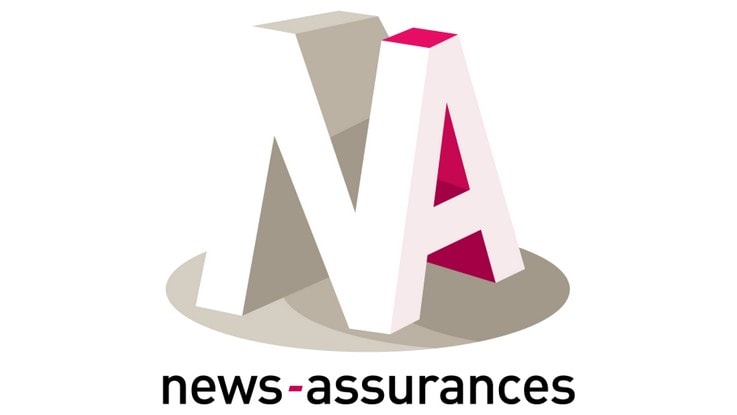NFT Lawyer
Beaubourg Avocats has developed expertise in several areas of competence, particularly in NFT law.
Our attorneys specializing in NFTs will be delighted to put their skills at your disposal to assist you in both advisory and litigation matters.

Transparency
Our prices are fixed and known in advance.


Availability
Receive an initial response within 48 hours.


Expertise and protection
Attorneys recognized for their skills and experience.
Contact us
Frequently Asked Questions
What is an NFT lawyer?
Whether you’re an investor, an NFT project owner, a trader, a company, an entrepreneur, or a consumer, you may need to address legal issues related to securing your NFT projects or investments.
What is the applicable taxation for your activity? What about copyright? Can I “NFTize” anything I want? These are the questions our NFT specialized attorneys are used to handling.
Some topics related to crypto assets and NFTs can be quite complex and require legal assistance: this is the role of an NFT lawyer.
NFT specialized attorneys: tax assistance?
NFT taxation must be mastered to optimize the tax implications of your NFT project. Consulting an NFT specialized attorney will help you avoid excessive taxation.
Knowledge of applicable NFT taxation is also relevant if you’re trading NFTs, especially if you’ve decided to create an NFT platform.
How to avoid NFT-related scams?
Investing in NFTs requires great vigilance: there are numerous NFT-related scams.
Fraud can take several forms:
- Solicitation for non-serious projects;
- Simulating “Sold out” to boost the valuation of certain NFT collections;
- Communicating login credentials on fake sites (“phishing”);
- Investing in NFT projects and never receiving the visuals for them.
If you’re a victim of an NFT-related scam, it may be wise to approach an NFT lawyer who will assist you in defending your rights.
NFTs and DAOs: how to secure?
A DAO (Decentralized Autonomous Organization) is an autonomous decentralized organization that operates through a set of smart contracts establishing and providing governance rules for an organization.
When DAO members decide to distribute profits among themselves, they risk being subject to financial law regulations and the provisions of the Monetary and Financial Code. The regulator (AMF) will be attentive to their actions. It will then be necessary to structure as a company to avoid heavy sanctions. Our NFT specialized attorneys are here to assist you.
What is an NFT?
NFTs do not yet have a well-defined legal status, and their regulation by public authorities remains quite vague. The art market world is increasingly interested in them, and in an article from the Gazette Drouot titled “NFT: risk or opportunity?”, an attempt at definition was made:
“An NFT is a unique and inviolable digital identifier that authenticates a digital file (an image, a photo, a video, etc.). Unique and unmodifiable, it serves as a certificate of authenticity and constitutes digital proof of provenance and ownership of the work to which it is associated. The NFT is stored in a blockchain, a technology that allows for secure storage and transmission of information through cryptographic processes, resembling a large database containing the history of all exchanges between its users.”
While this attempt at defining NFTs seems interesting, it does not allow for legal qualification. Being advised and accompanied by an NFT lawyer can be useful to avoid falling into the traps that this new, still legally under-regulated field represents.
What are the risks associated with NFTs?
Running an NFT project can be risky. Attention should be paid to the following elements:
NFT and Consumer law
We can mention here the risk of sanctions from the DGCCRF against project owners for misleading commercial practices, failure to meet information obligations, lack of consumer right of withdrawal, as well as non-compliance with provisions related to advertising lotteries or contests, for example.
NFT and Intellectual property law
This involves copyright infringement actions that an NFT illustrator can bring against project owners when a copyright assignment contract for NFTs has not been signed. You must sign such a contract before minting your NFTs to protect your project. Contact an NFT lawyer if you don’t know how to draft such a contract. For better insight, we have written an article on NFTs and copyright.
NFT Tax law and corporate law
Not knowing how to structure an NFT project in terms of corporate law exposes you to heavy tax treatment. Corporate and tax structures exist to optimize the operation’s taxation.
NFT and Creating a speculative bubble
This is explained by the fact that the NFT market is highly volatile. It therefore exposes buyers to financial losses that can be very significant if not anticipated beforehand.
NFT and Computer hacking
There is currently no sufficiently reliable protection for securing NFTs. This security depends on the degree of protection of the blockchain on which the NFT is minted.
NFT and Money laundering
Anti-money laundering is an obligation mainly incumbent on banking institutions. NFTs as crypto assets can be used as instruments to facilitate and/or participate in the financing of criminal activities.
To learn more, you can also read our article on insider trading in NFTs.
What is NFT Law?
NFT Law is still relatively lacking in the French legal landscape. Advancing the idea of NFT law assumes being able to legally qualify it.
How can we qualify an NFT? Is it a digital asset? Views differ, which is why – to secure your situation – it is wise to consult an NFT lawyer.
Why choose Beaubourg Avocats?
NFT Legal Advisory
Our NFT law experts guide you through the legal aspects of creating, buying, and selling non-fungible tokens.
Copyright Protection
We safeguard your copyright and intellectual property in the creation and distribution of NFTs.
NFT Market Regulation
We ensure compliance with NFT market regulations, guaranteeing the legality of your transactions.
NFT Disputes
Our lawyers handle NFT-related disputes, including fraud, scams, or rights violations.
Contractual Strategies
We draft tailored contracts for the purchase, sale, and distribution of NFTs, ensuring the legal security of your operations.
Discover how our NFT law experts can secure your transactions and protect your rights in the world of non-fungible tokens!

